Humans news stories

New insight into how our early ancestors dealt with major shifts in climate is revealed in research, published today in Nature Ecology & Evolution, by an international team, led by Professor Rick Schulting from Oxford University’s School of Archaeology.
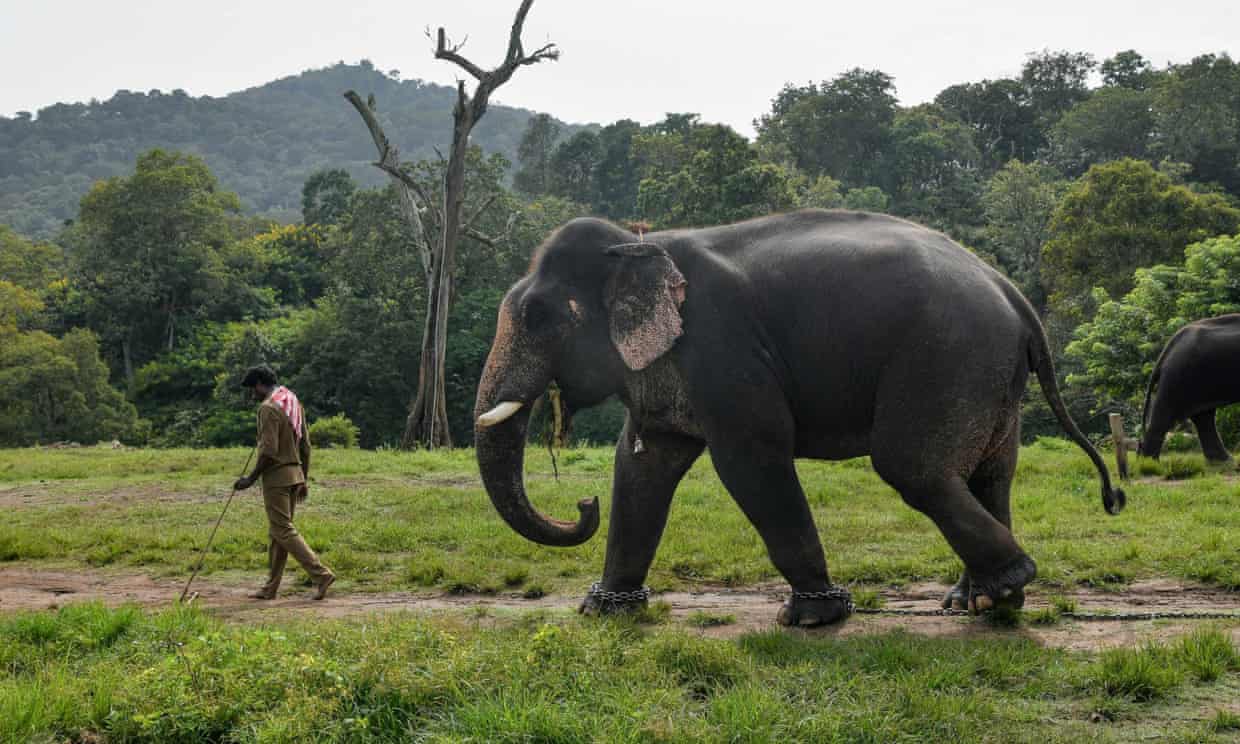
For about 2,000 years most humans have imagined themselves to be the Earth’s “apex predators” – smarter, faster and more deadly than any other creature with which we share the planet.
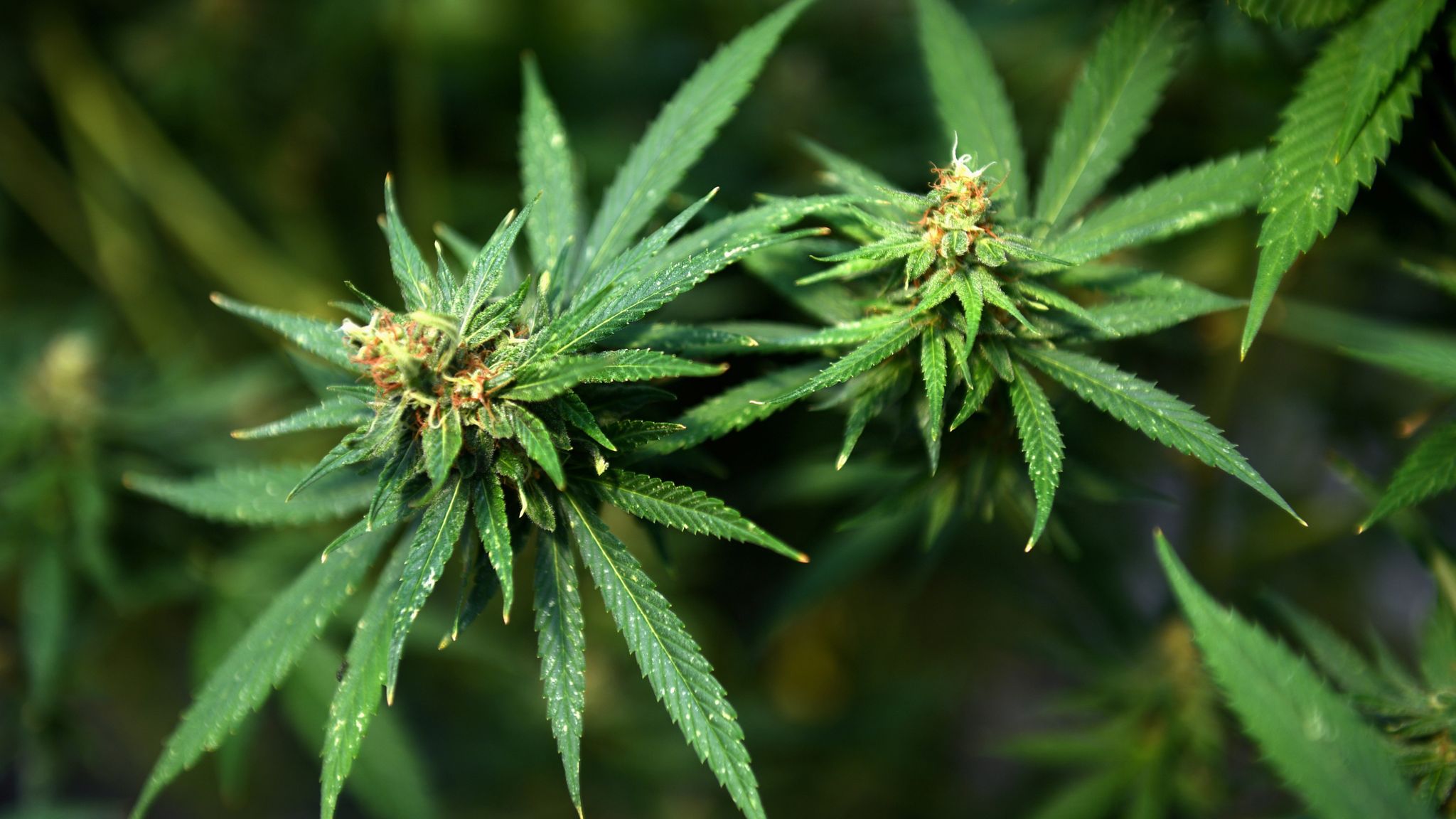
The country first legalised the use of marijuana in 2018 for medical use and research, but now the Narcotics Control Board has dropped it from its list of controlled drugs.
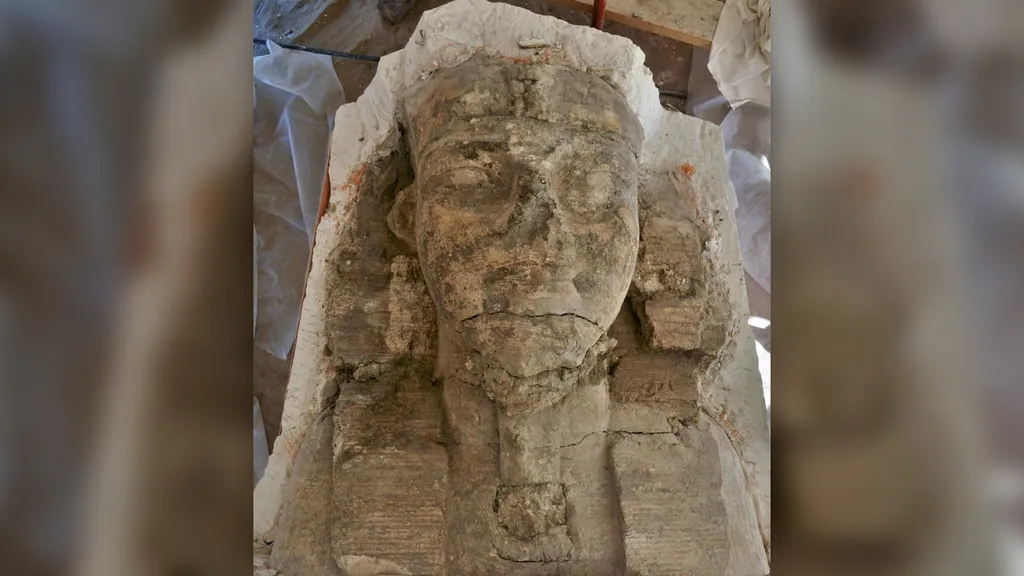
Archaeologists in Egypt have discovered two colossal limestone statues of King Amenhotep III that are fashioned to look like sphinxes, according to the Egyptian Ministry of Tourism and Antiquities.
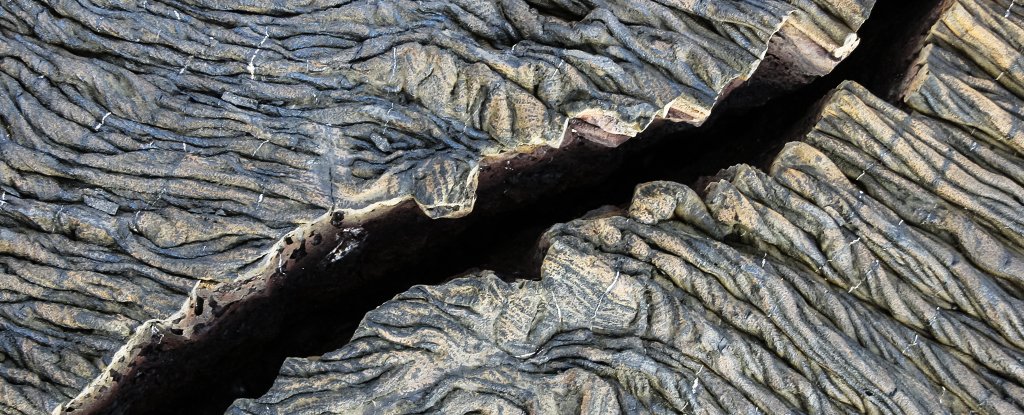
Earth is far from a solid mass of rock. The outer layer of our planet – known as the lithosphere – is made up of more than 20 tectonic plates…

Scientists are designing new psychedelic-inspired drugs that don’t yet exist, which might have effects no one can yet describe.
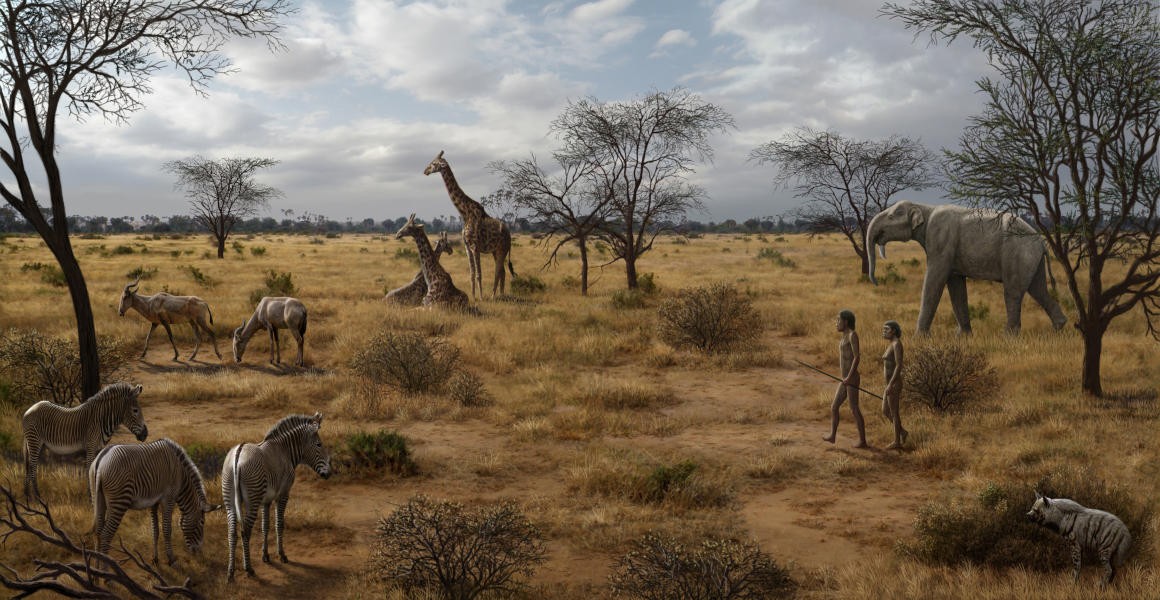
A new analysis has looked at multiple sites which show evidence of early humans and found something surprising. It suggests that findings of increasing carnivory over time in Homo erectus are just a quirk of sampling.
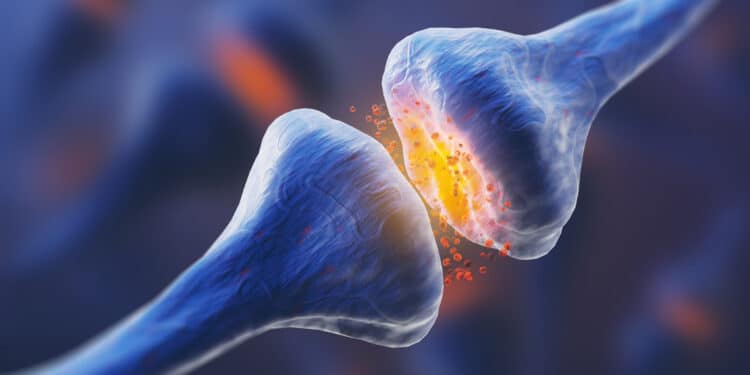
Many people have experienced reductions in stress, pain and anxiety and sometimes even euphoria after exercise. What’s behind this so-called “runner’s high”? New research on the neuroscience of exercise may surprise you.

Scientists have found “compelling evidence” that Saturn’s “Death Star” moon is hiding an ocean just beneath its surface, furthering the search for possible life in our solar system.
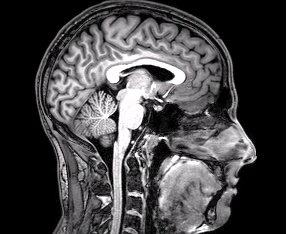
After a century of research and many life-changing progressions in science, Alzheimer’s disease remains unhindered and incurable…Researchers have now had to think more imaginatively about how to treat Alzheimer’s disease. Remarkably, it appears as though psychedelic drugs may offer unprecedented potential.
Image from: DrOONeil (Wiki Commons)
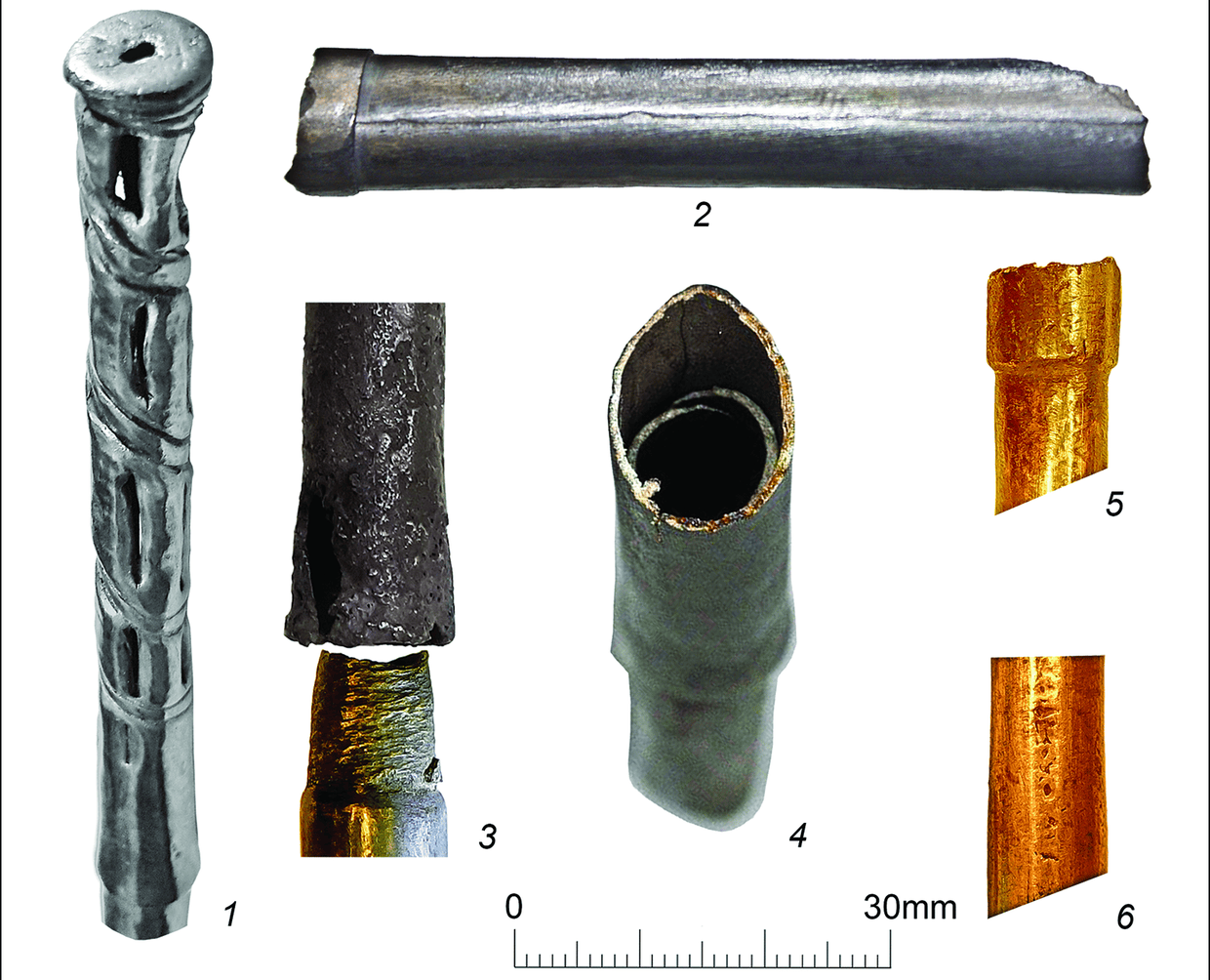
A set of ancient gold and silver tubes dating to about 5,500 years ago and unearthed in North Caucasus in Russia could be the world’s oldest surviving drinking straws, experts have claimed.
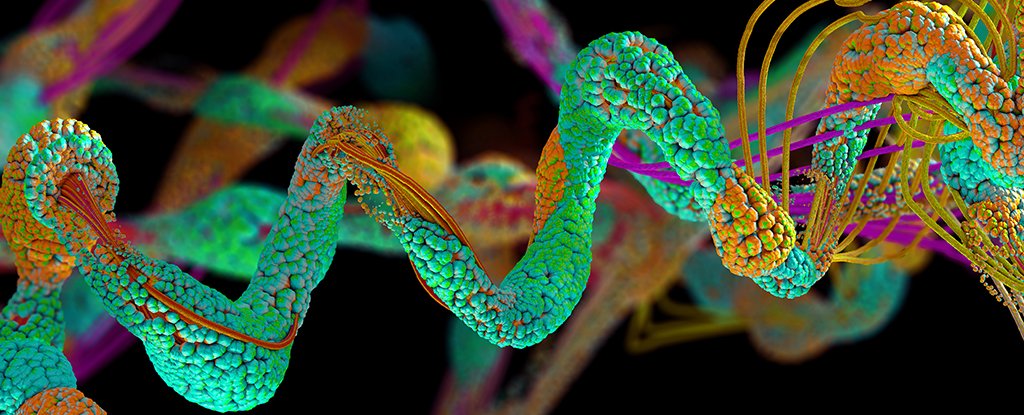
The question of how life first sparked into existence on our planet is one we haven’t yet fully answered, but science is getting closer all the time – and a new study identifies the structures of the proteins that may well have made it happen
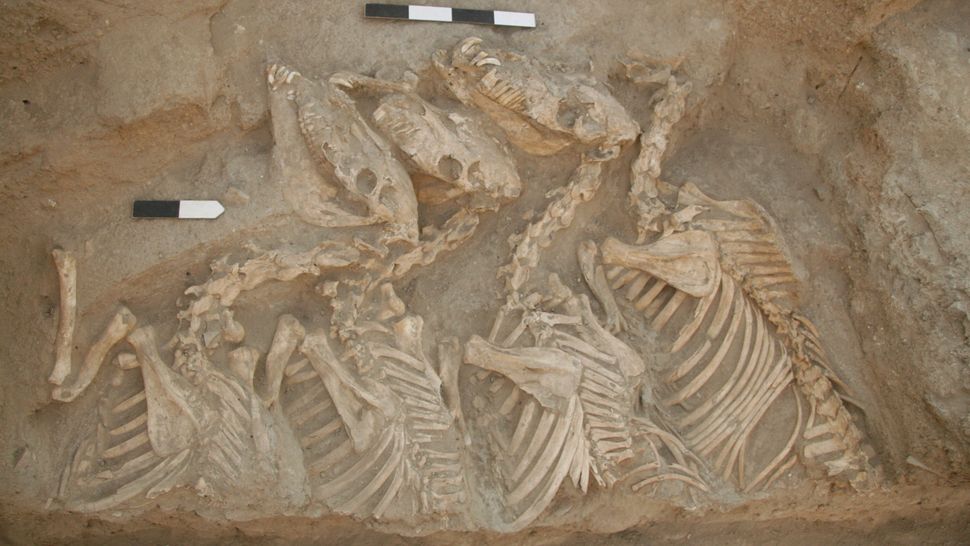
Mesopotamians were using hybrids of domesticated donkeys and wild asses to pull their war wagons 4,500 years ago — at least 500 years before horses were bred for the purpose, a new study reveals
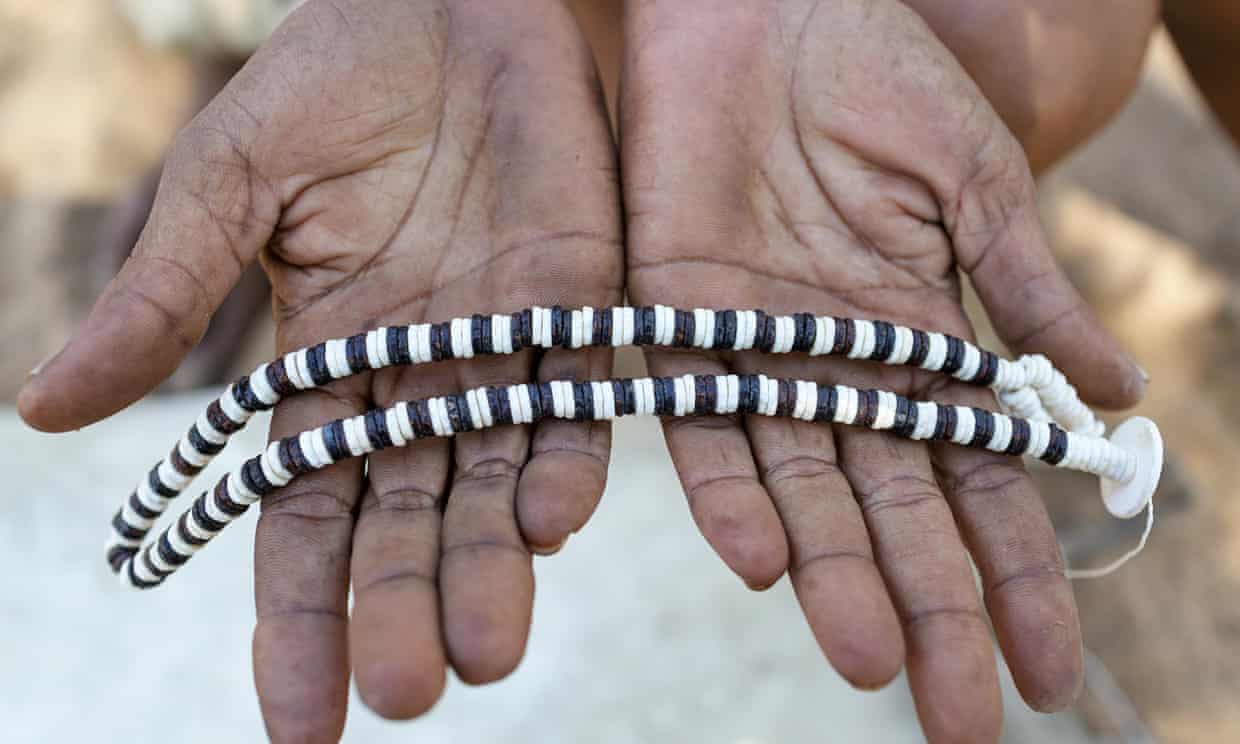
Scientists have uncovered the world’s oldest social network, a web of connections that flourished 50,000 years ago and stretched for thousands of miles across Africa.
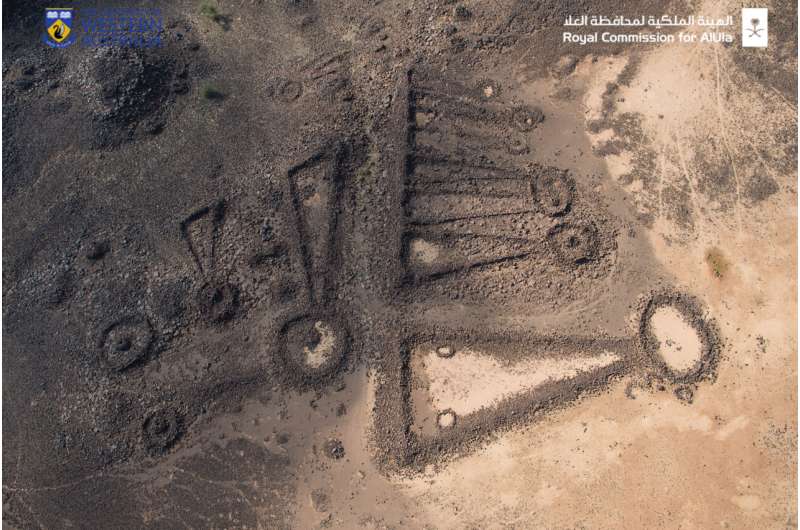
Archeologists from The University of Western Australia have discovered people who lived in north-west Arabia in the Early to Middle Bronze Age built ‘funerary avenues’—long-distance corridors linking oases and pastures, bordered by thousands of elaborate burial monuments.

A non-psychoactive compound found in live cannabis plants could help sabotage the spike protein on coronaviruses, scientists have found.
Image from: Potleaf.jpg (Wiki Commons)








